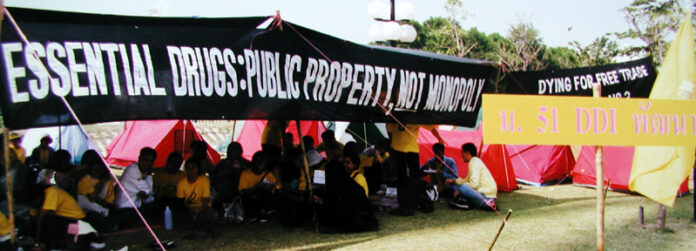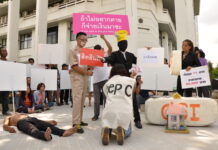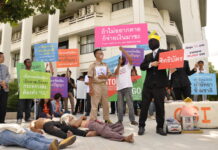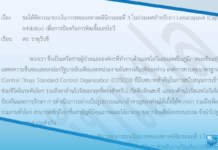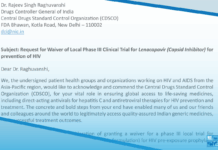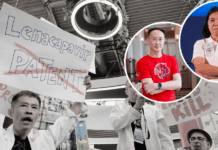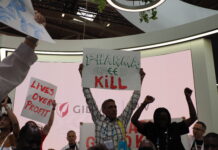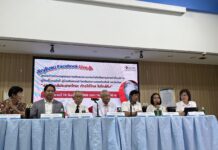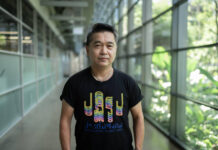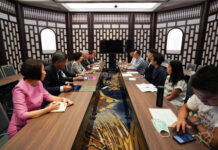The patenting of medicines allows multi- national pharmaceutical companies to monopolize their production making medication prohibitively expensive to PHA and patients alike. Before 1997, there was little understanding within the PHA community of HIV/AIDS and virtually no access to ARV due to the underdevelopment of the public health system and the exorbitant price of the medicines. In a bid to make ARV medication cheaper and more accessible to needy PHA, TNP+ together with a coalition of NGOs, PHA and academics lobbied the government to issue a compulsory license (CL) allowing the Government Pharmaceutical Organization (GPO) to produce generic ddI tablets. This however, was refused. Not to be discouraged this alliance, endeavored to get the patent on ddI revoked in the Intellectual Property Court on the grounds that the issuing of the patent was unlawful.
An unlikely alliance was formed between PHAs, NGOs, Law Society of Thailand, pharmaceutical academics and the Foundation for Consumers. TNP+ played a pivotal role in this alliance. They were also joined by the Drug’s Study Group, a network of university academics formed to fight to improve and protect the access to medicines for consumers. Together, in 2001 they filed a lawsuit against the Pharmaceutical company, Bristol- Meyer –Squibb (BMS) for the revocation of the BMS ddl patent. The court battle took over three years to conclude and required unyielding dedication from a vast network of activists. In December 2003, after intense pressure, BMS decided to terminate their claim on the ddl patent. This was a huge victory for PHAs in Thailand and meant that the GPO could now produce ARV medication at a fraction of the cost previously. It was also a victory for basic human rights and highlighted the principle that access to safe and affordable medication is a right that should be enjoyed by all.
In addition to the battles being waged in the court room, much was being done behind the scenes to raise the public’s awareness of the issues facing PHAs in Thailand. This was accomplished via the lobbying of politicians and mobilization of the media. TNP+ volunteers were responsible for press releases and contacting and informing journalists of the current trial’s proceedings. Academic seminars and newspaper and television appearances were also arranged, all with the intention of communicating with, and garnering support from the public as well as creating greater public awareness of the effect that drug patents can have on the access to medication.


